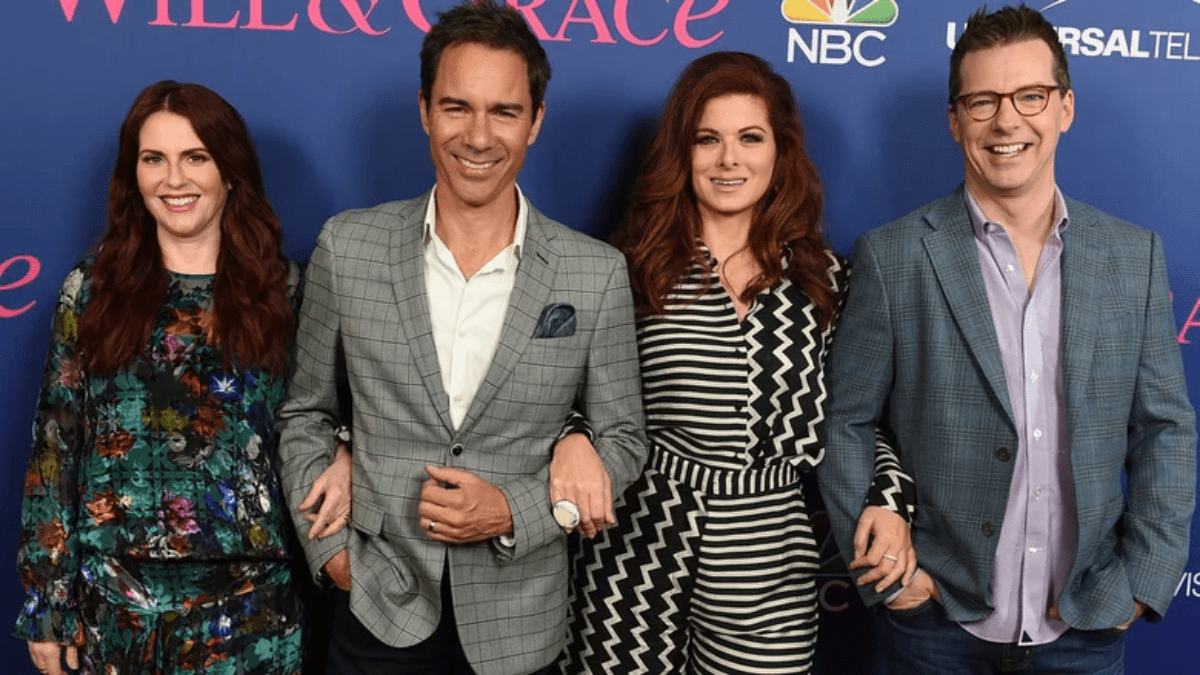“Will & Grace” burst onto television screens in 1998, instantly becoming a groundbreaking sitcom that reshaped LGBTQ+ representation in media. It was the pioneer U.S. sitcom to feature openly gay lead characters during primetime, marking a significant milestone in the acceptance and visibility of LGBTQ+ individuals. The show not only entertained audiences but also introduced important themes to mainstream viewers, earning acclaim and Emmy Awards for its four leading actors.
Its cultural impact extended far beyond entertainment, with world leaders acknowledging its significance. Despite ending its original run in 2006, “Will & Grace” returned for a revival in 2017, which continued for three additional seasons before bidding farewell for good in 2020. Co-creator Max Mutchnick expressed contentment with the characters’ final arcs, feeling they were in the right place.
Beyond the show, the cast members embarked on diverse career paths, showcasing their talents across various platforms. Eric McCormack, known for his role as Will Truman, continued to excel in both comedy and drama, expanding his repertoire to include stage and sci-fi roles. Debra Messing, who portrayed Grace Adler, ventured into political activism and became renowned for her online debates. Sean Hayes, famous for playing Jack McFarland, thrived on Broadway and ventured into podcasting. Megan Mullally, the unforgettable Karen Walker, showcased her talents in film, television, and music, including starring in indie projects and releasing albums.
Other cast members like Harry Connick Jr., Leslie Jordan, and Bobby Cannavale achieved success in acting, music, and television hosting, respectively. Leigh-Allyn Baker found a niche in family-friendly Disney content while engaging in controversial public discussions. The late Shelley Morrison and Debbie Reynolds, along with notable guest stars like Molly Shannon and Michael Angarano, continued to leave a lasting impact on the industry and audiences alike.
Despite their diverse endeavors, the legacy of “Will & Grace” remains ingrained in popular culture, with its themes of acceptance and humor continuing to resonate with audiences worldwide.

